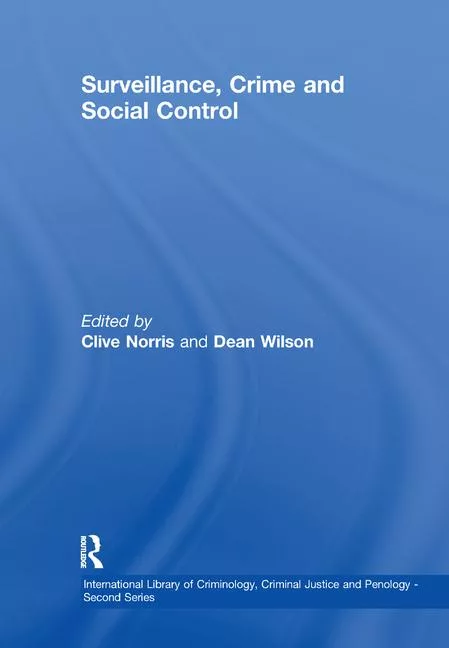Minneapolis to Study Chicago Outreach Model to Cut Gun Crime
Minneapolis officials and community leaders expect to get a crash course in a Chicago program that bills itself as an innovative way to reduce shootings.
Known as "Ceasefire," the program hires civilians to go into tough neighborhoods and meet face-to-face with young people considered to be the most likely victims or perpetrators of gun violence. It's potentially a novel approach to fighting crime in Minneapolis, but only if the city can pay for it. The best hope for now is that Minneapolis wins a grant from the U.S. Department of Justice, which announced this year that it would award four cities multimillion-dollar grants for fighting crime. The awards should be announced in September and could bring around $1 million in federal money to the city, according to Gretchen Musicant, the city's health commissioner.
Ceasefire was developed by Gary Slutkin, a doctor who spent the past 15 years working to combat violence in that city. Ceasefire now has programs established or emerging in several cities, including New York, Philadelphia, New Orleans and Phoenix. He said Ceasefire works because it focuses on changing behavior, in part by hiring people with street smarts -- sometimes former gang members. They meet with young men to help them find a way out of gangs, into a job or back into school. "It's theoretically grounded in how behaviors are formed and how they are changed," Slutkin said.
A study of the program found that a third of the young men reached through Ceasefire wanted help breaking from their gang, while 37 percent wanted education and 76 percent wanted a job.
Looking for a reprint of this article?
From high-res PDFs to custom plaques, order your copy today!






